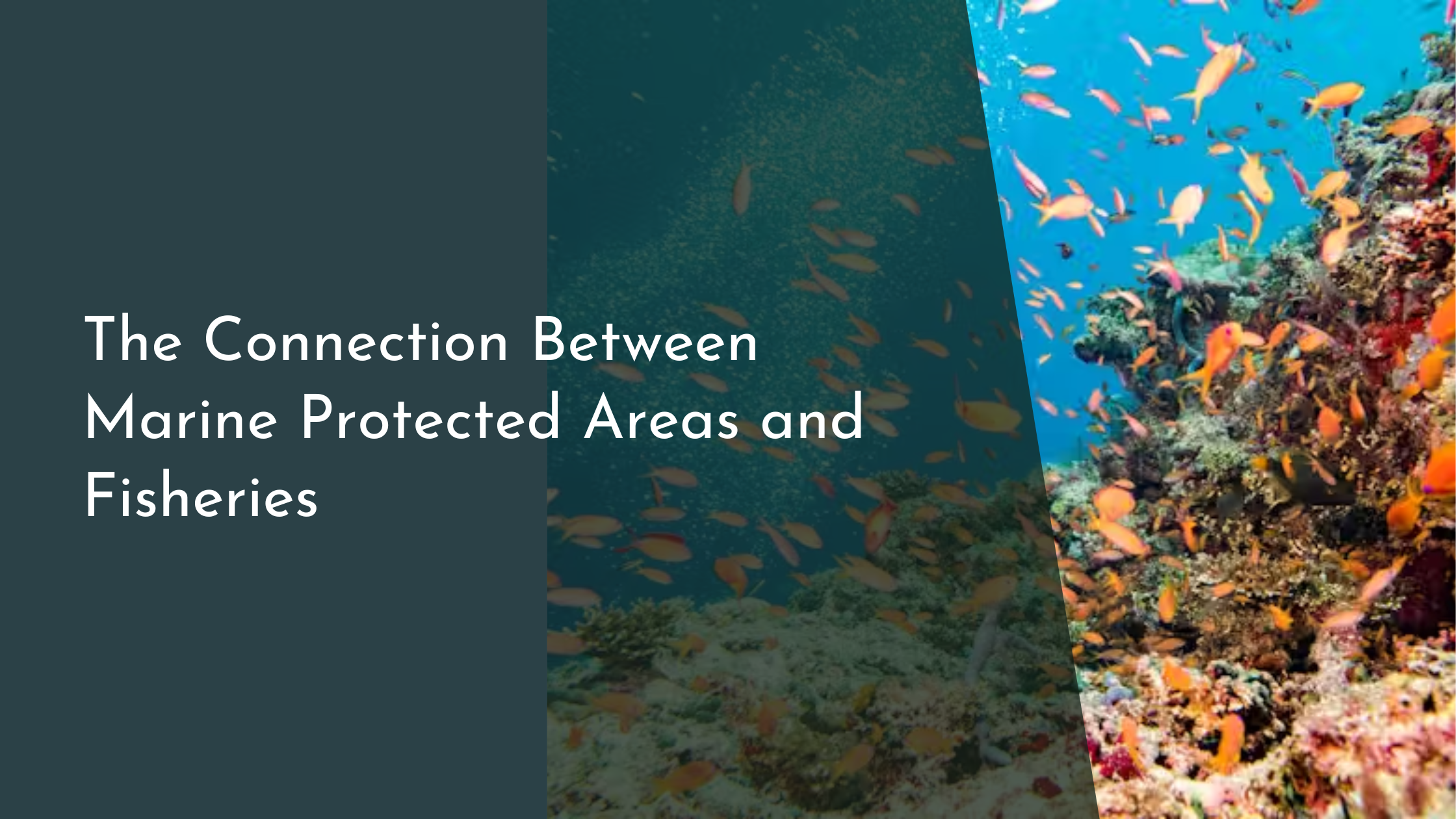The Connection Between Marine Protected Areas and Fisheries
The health of our oceans is crucial not just for the myriad species that call it home, but also for the human populations around the world that rely on its bounty. Amidst growing concerns about overfishing and marine ecosystem degradation, Marine Protected Areas (MPAs) have gained attention as a means to sustain both marine life and the fishing industry. These designated zones of conservation play a pivotal role in preserving marine biodiversity and ensuring the long-term viability of fisheries. This article explores the connection between MPAs and fisheries, highlighting how they contribute to a brighter future for our oceans and the communities dependent on them.
Understanding Marine Protected Areas
Marine Protected Areas (MPAs) are regions of the ocean designated for the conservation of natural resources and biodiversity. These areas are established through legal or administrative measures to protect ecologically significant habitats from human activities, such as overfishing, pollution, and habitat destruction. MPAs come in various forms, from no-take zones, where all fishing and resource extraction are prohibited, to multiple-use areas, which allow sustainable resource use under certain regulations. The overarching goal of MPAs is to maintain or restore the ecological balance of marine ecosystems, thereby securing their health and productivity for future generations.
The implementation of MPAs is guided by the recognition that marine ecosystems are interconnected and that preserving critical habitats can have wide-ranging benefits. These areas act as nurseries for juvenile fish, breeding grounds for marine species, and sanctuaries for endangered organisms. By protecting these vital zones, MPAs facilitate the recovery of depleted fish stocks and offer a refuge for overexploited species. Through careful management and community involvement, MPAs can serve as a powerful tool in the conservation of marine biodiversity and the restoration of oceanic health.
The Role of Fisheries in Marine Ecosystems
Fisheries play a fundamental role in marine ecosystems, serving as both a source of sustenance and employment for millions of people worldwide. They provide a vital food source, with fish being a significant protein contributor in many diets, especially in developing countries. The economic importance of fisheries is immense, supporting coastal economies and providing livelihoods for a significant portion of the global population. However, unsustainable fishing practices can lead to overfishing, which threatens marine biodiversity and the health of ocean ecosystems.
The balance within these ecosystems can be disrupted by overfishing, leading to a decline in fish populations and the degradation of marine habitats. This not only impacts the species directly targeted by fisheries but also affects the broader food web, leading to cascading effects throughout the ecosystem. Sustainable fisheries management is essential to ensure the long-term health and productivity of our oceans. By adopting practices that align with ecosystem preservation, fisheries can continue to provide for human needs while maintaining the biological diversity that is crucial for resilient marine ecosystems.
How MPAs Benefit Fisheries and Biodiversity
One significant benefit of MPAs is their ability to enhance fish populations, which in turn supports more sustainable fisheries. When fish have a safe haven to grow and reproduce without the pressure of fishing, their populations can recover and even thrive. This replenishment effect can extend beyond the boundaries of the MPA, as adult fish and their offspring spill over into adjacent areas where fishing is permitted. This “spillover” effect can lead to increased catches for fisheries surrounding MPAs, helping to sustain local economies and communities.
Moreover, MPAs contribute to preserving the biodiversity of marine ecosystems by protecting a range of species, from the smallest invertebrates to the largest marine mammals. The rich diversity within MPAs ensures ecosystem resilience, enhancing the ability of marine environments to withstand and recover from environmental changes and human impacts. This biodiversity not only supports ecological functions but also provides opportunities for ecotourism and scientific research, creating additional economic and educational benefits for communities engaged in MPA management.
A Bright Future for Oceans and Fisheries
The successful integration of MPAs into marine resource management strategies holds promise for a brighter future for both oceans and fisheries. As awareness of the benefits of MPAs grows, so does the global commitment to expanding these protected areas. Initiatives like the 30×30 campaign, which aims to protect 30% of the world’s oceans by 2030, represent an ambitious step towards comprehensive marine conservation. The establishment and effective management of MPAs can lead to healthier oceans, increased fishery yields, and more resilient marine ecosystems.
The potential for MPAs to bring about positive change is enhanced when their establishment is supported by local communities and stakeholders. Engaging fishermen, conservationists, scientists, and policymakers in the design and management of MPAs ensures that these areas meet both ecological and socio-economic goals. By fostering a sense of shared responsibility, MPAs can become a cornerstone of sustainable ocean management, balancing the needs of people and the planet for generations to come.
As we navigate the challenges of the 21st century, the alignment of marine conservation and sustainable fisheries becomes more crucial than ever. Marine Protected Areas stand out as a beacon of hope, demonstrating that it is possible to protect our oceans while simultaneously supporting human communities. By investing in the health of marine ecosystems through MPAs, we can ensure the vitality of our oceans and the prosperity of those whose lives and livelihoods depend on them. With ongoing commitment and collaboration, a future where both marine life and fisheries flourish is within our reach.

